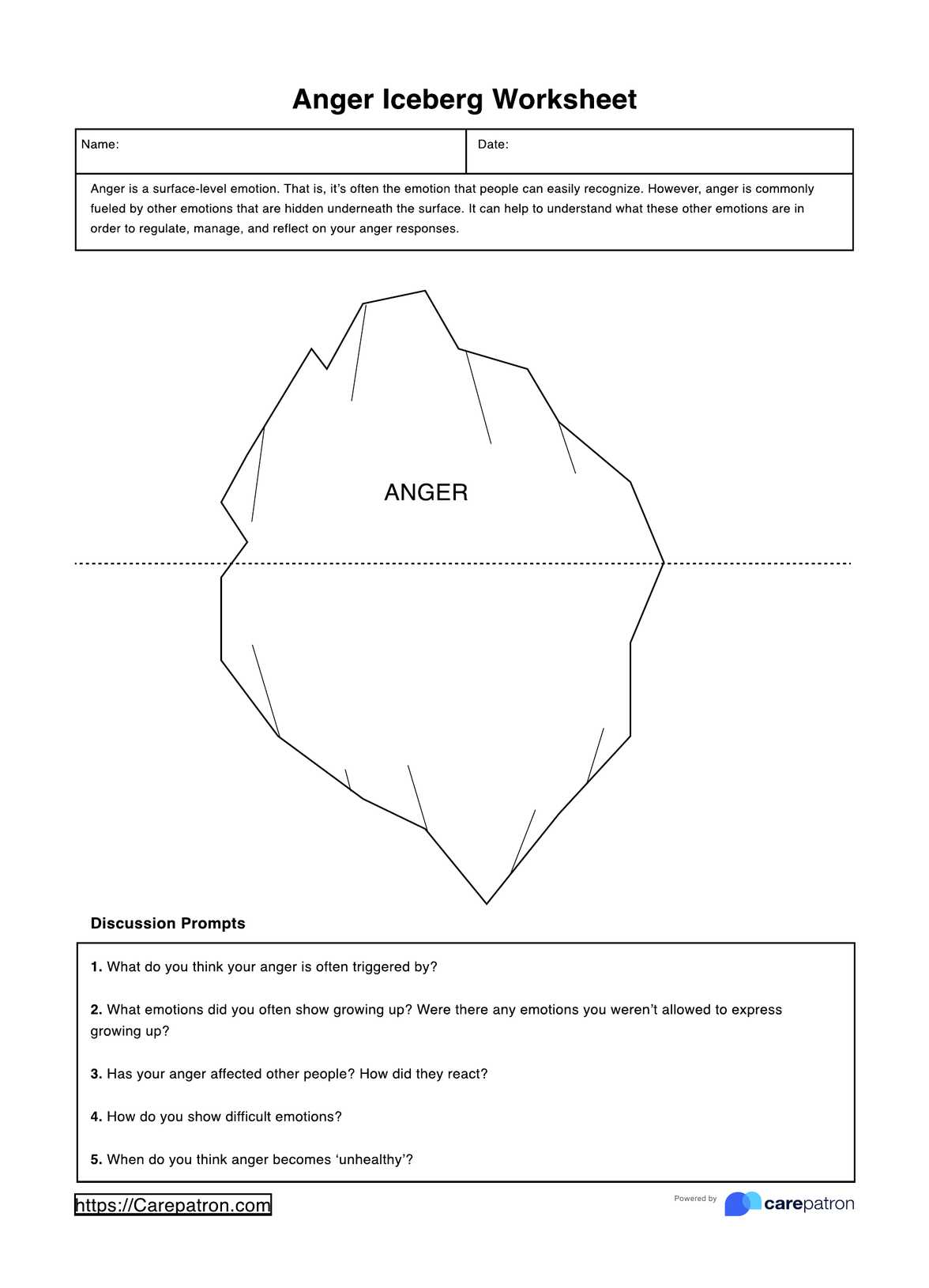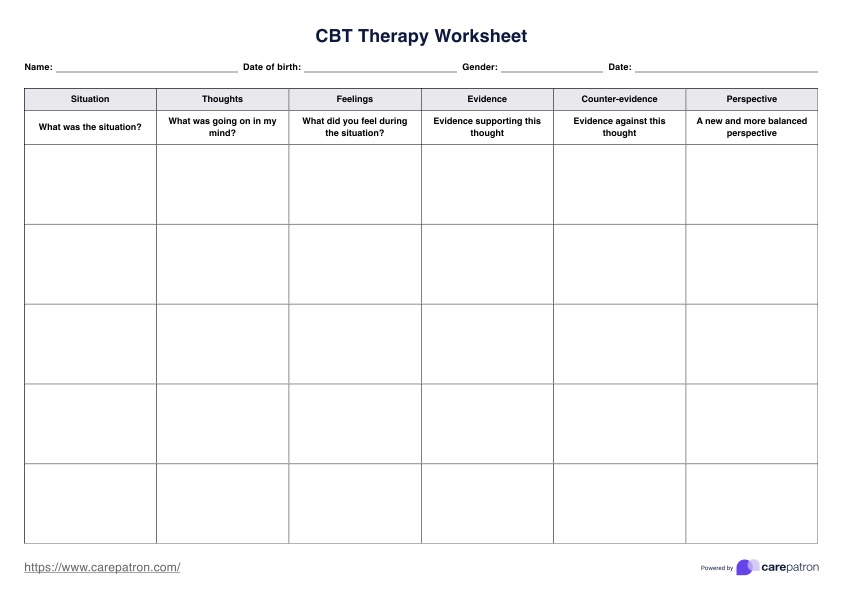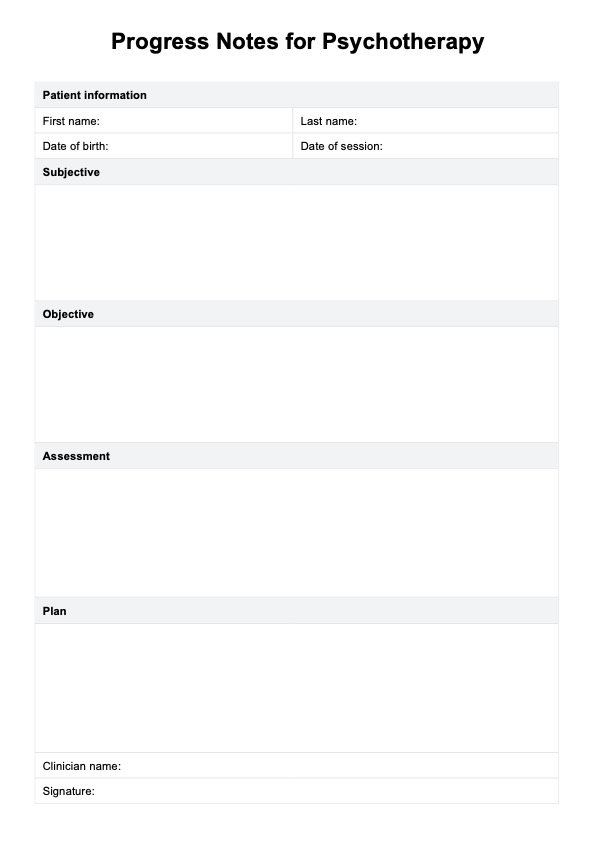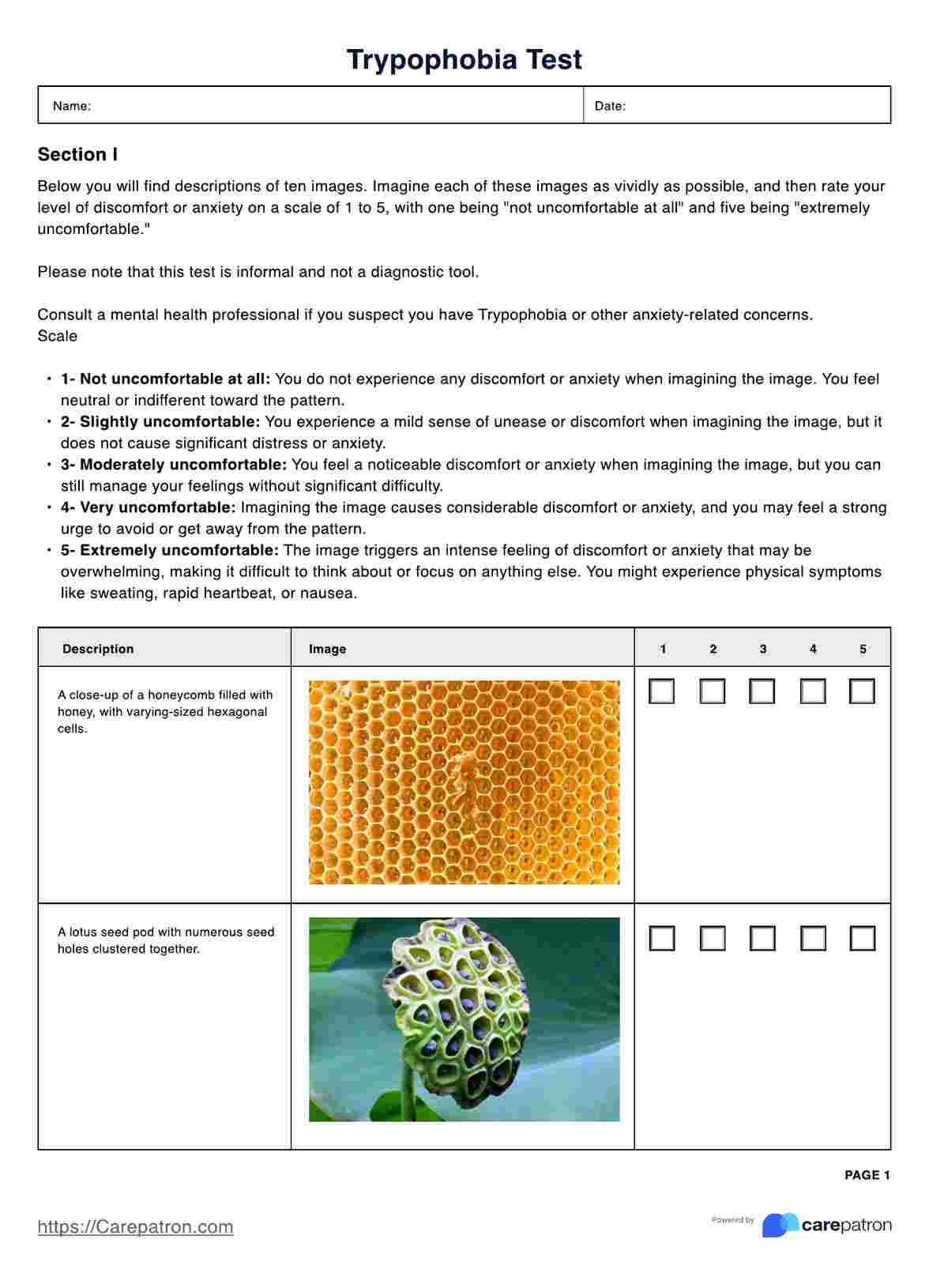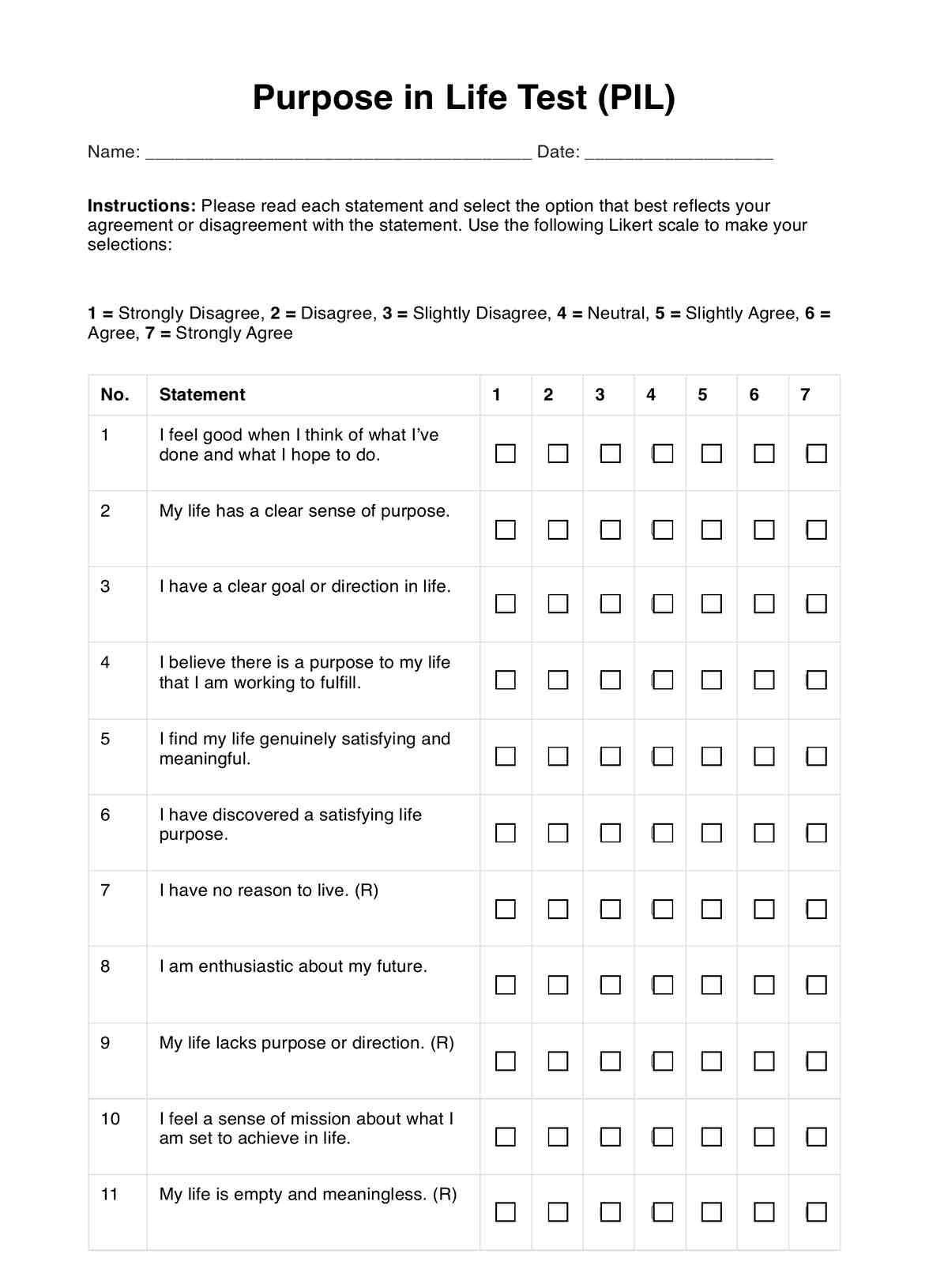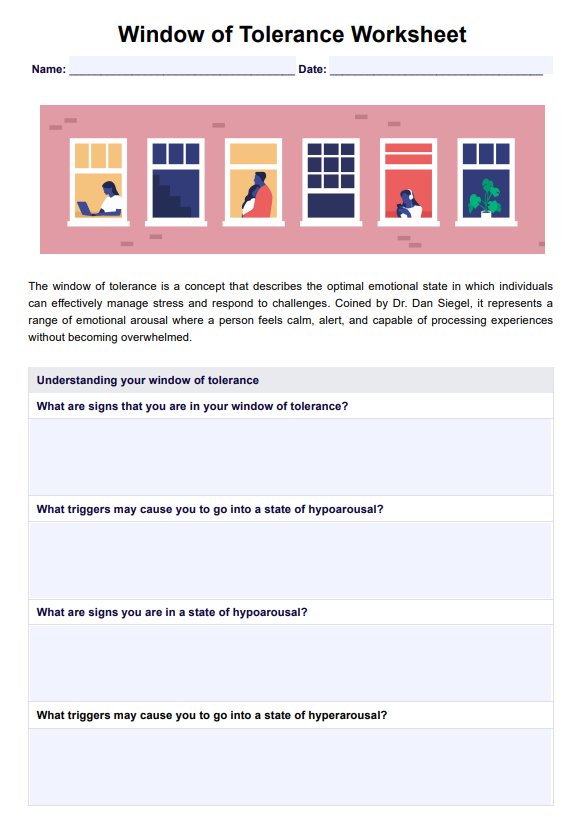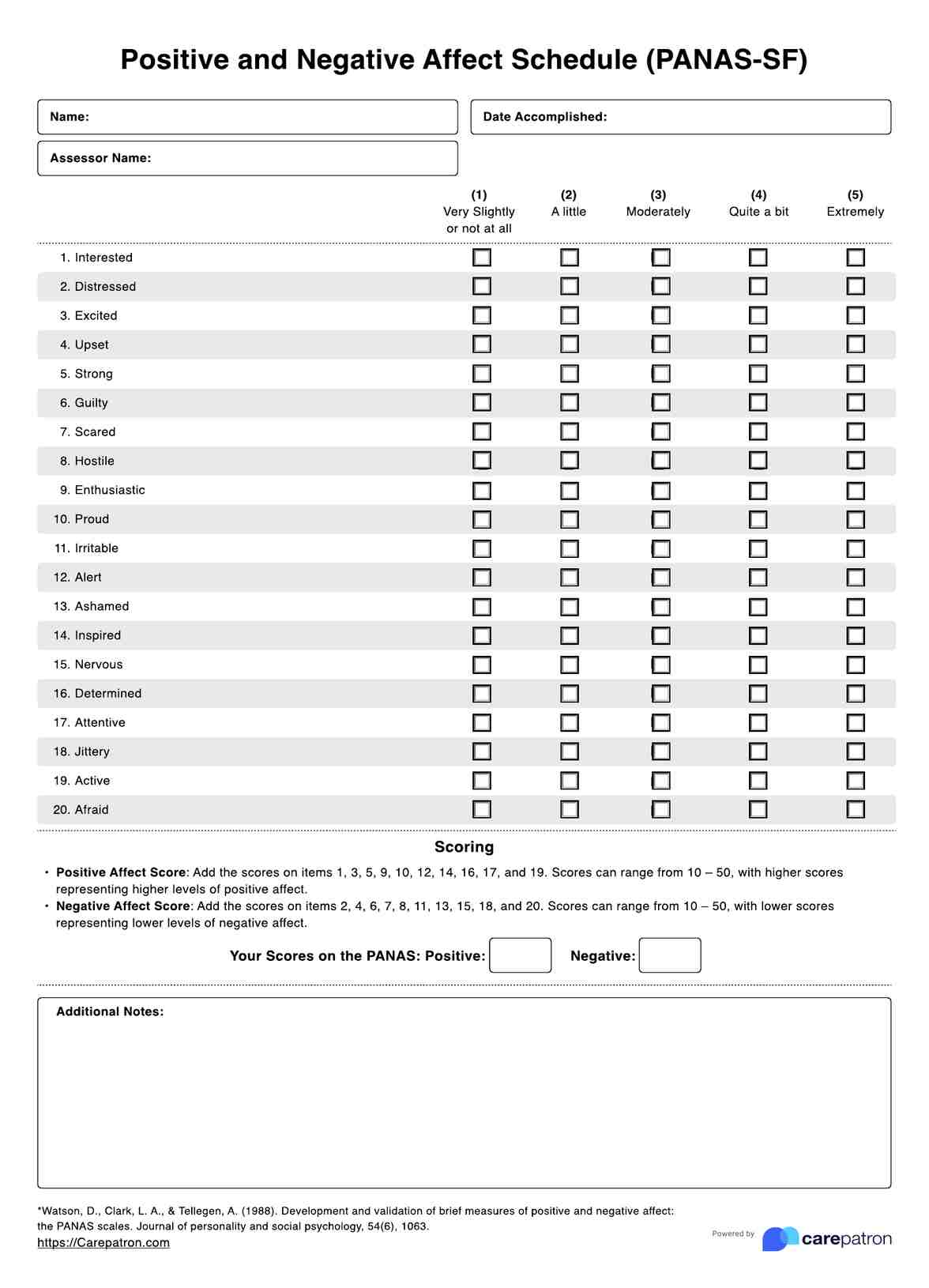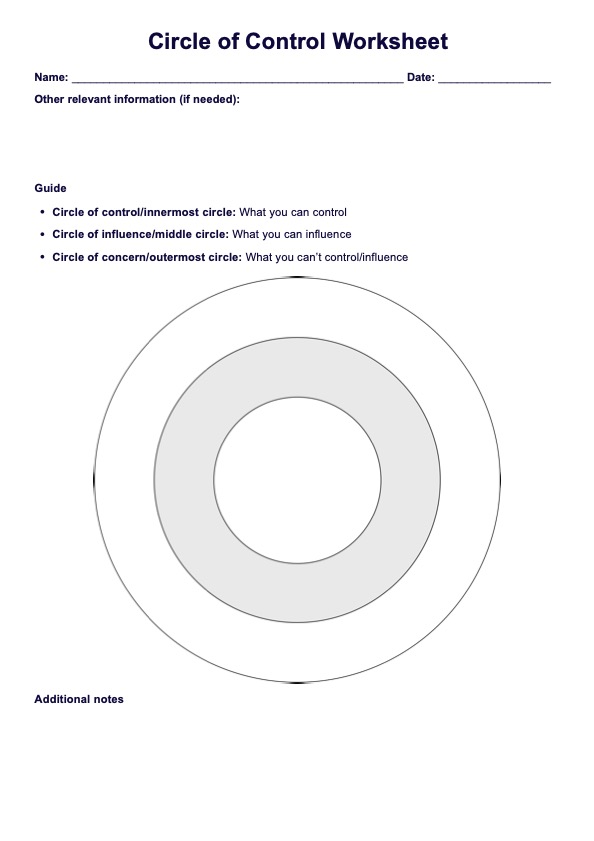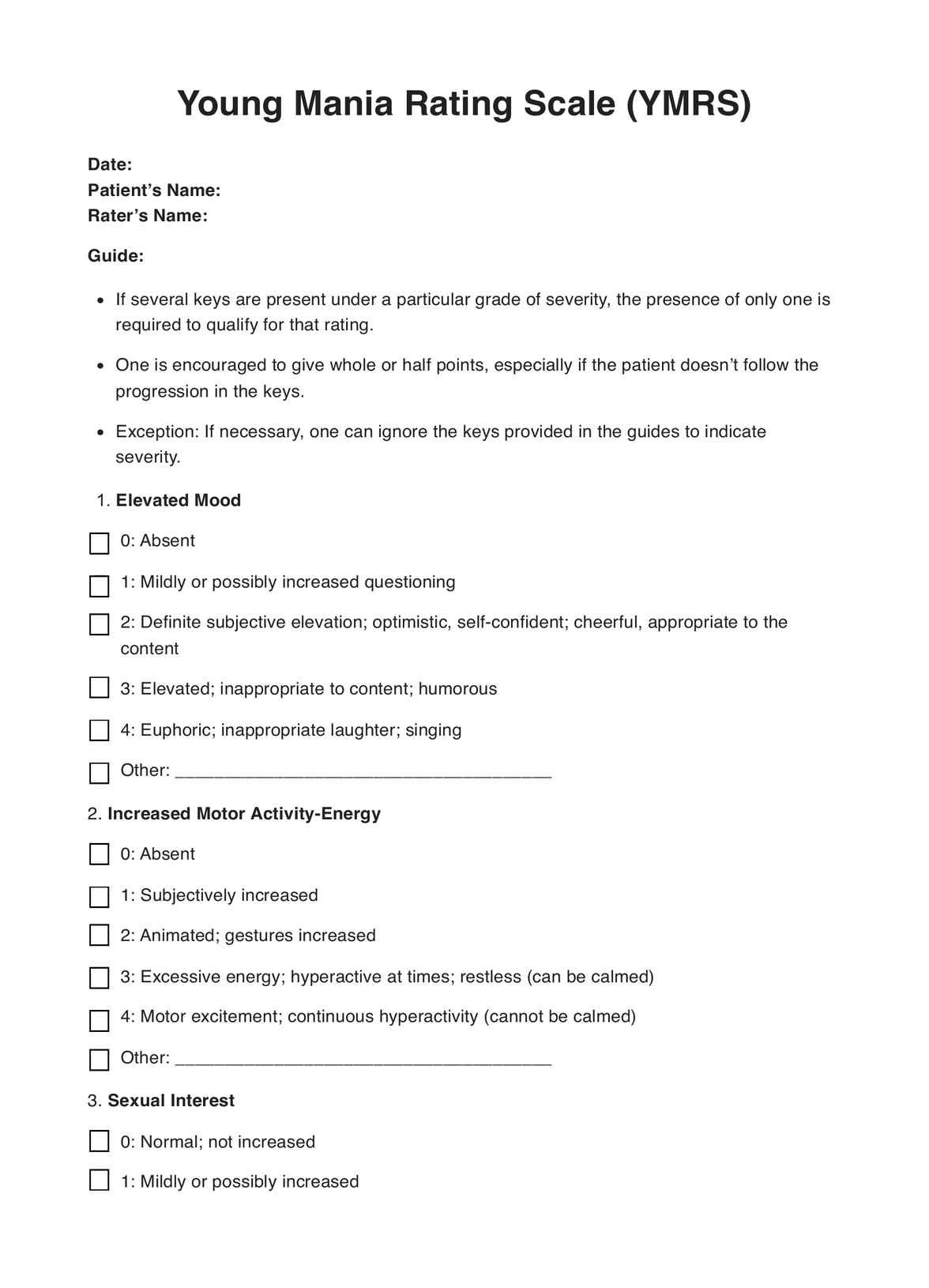Growth Mindset Worksheet
Help clients cultivate their mindset for personal and professional development with the Growth Mindset Worksheet.


What is a Growth Mindset Worksheet?
A Growth Mindset Worksheet is a psychological resource used by psychologists, counselors, life coaches, and therapists to help their patients cognitively reframe challenges. A growth mindset is a mental state in which difficulties are interpreted as opportunities for growth, rather than insurmountable obstacles.
Fostering a growth mindset is a critical personal development strategy. It promotes the idea that skills can be cultivated through commitment and effort. The Growth Mindset Worksheet is designed to strengthen the link between thoughts and actions, allowing a deeper understanding of how negative cognitions manifest as maladaptive behaviors that do not serve one's goals or aspirations.
Psychologist Carol Dweck, a proponent of growth mindset theory, differentiates fixed and growth mindsets. They posit that one's abilities and intelligence are unchangeable in a fixed mindset. Growth mindsets, on the other hand, are essential to effective functioning and key mental processes that allow motivation, hard work, and learning.
Developing a growth mindset is an ongoing process in which a trained coach or psychologist helps the client transform limiting beliefs. By employing simple growth mindset exercises, mental health professionals promote positive learning and encourage experimentation, resilience, and the understanding that mistakes are valuable learning opportunities.
Growth Mindset Worksheet Template
Growth Mindset Worksheet Example
How to use the Growth Mindset Worksheet
Growth mindset coaches can utilize the printable Growth Mindset Worksheet to help their clients overcome self-imposed limiting beliefs. This template is designed to easily guide you through the mindset coaching process. Follow these steps to make the most of this resource:
Step 1: Download the template
Start by downloading the printable Growth Mindset Worksheet template. The document can be easily accessed from this page by clicking on "Use template" to customize it within the Carepatron platform. You can also click "Download" to access a fillable PDF copy of the worksheet you can give clients.
Step 2: Challenge fixed mindset beliefs
Encourage the client to assess current perspectives and identify fixed mindset beliefs. Work through thoughts that challenge your client's potential and challenge them together. This step is crucial for improving self-awareness and readiness for change.
Step 3: Discover growth mindset thoughts
Instruct your client to think about recent situations where they exhibited a growth mindset. Use the worksheet to delve into these experiences and identify the positive thoughts and actions that align with a growth mindset.
Step 4: Set personal challenges
Utilize the worksheet to set short-term and long-term growth mindset goals. This growth mindset action plan will lay the stepping stones toward personal and professional development.
Step 5: Reinforce positive thinking
Instruct the client to complete the "I am" statements on the worksheet with positive affirmations. Practice positive thinking to reinforce a growth mindset and contribute to a more optimistic outlook. It may be beneficial to instruct them to repeat them daily.
Step 6: Reflect on progress
After a week, let them revisit the worksheet to reflect on their progress. Encourage them to note any changes in mindset, achievements, or challenges. You can also review this with them during their session.
The importance of having a growth mindset
The mindset someone adopts profoundly shapes their experiences and achievements. Promoting a growth mindset instead of a fixed mindset is immensely important for mental health and personal achievement. Mindset coaching empowers children, students, and adults to face challenges confidently, approach learning enthusiastically, and interpret setbacks as opportunities for growth.
Our free Growth Mindset Worksheet is a powerful resource for fostering positive perspectives. Here's why cultivating a growth mindset matters:
Learning from challenges
Embracing a growth mindset means viewing challenges as opportunities for learning and improvement, not insurmountable obstacles. This worksheet establishes links between past resiliency and current difficulties, helping individuals to see challenges as learning opportunities.
Fostering positive thinking skills
A growth mindset nurtures positive thinking skills by encouraging individuals to approach a task optimistically. This worksheet helps identify how negative thoughts can be turned into constructive actions, promoting a can-do attitude.
Building confidence
Confidence grows as individuals develop a belief in their ability to learn and adapt. This confidence is one of the critical factors in taking on new challenges and successfully overcoming difficulties.
Encouraging creativity
A growth mindset fuels creativity by instilling the belief that problems are solvable. This worksheet encourages individuals to think outside the box, explore new ideas, and approach innovative problem-solving.
Adapting to change
Life is dynamic, and a growth mindset equips individuals with the adaptability to navigate changing circumstances. Growth mindset activities help people focus on the positive aspects of change and recognize their past success in overcoming change.
Assessing your client's growth mindset
Assessing your clients' mindset and perspective is pivotal when guiding them towards personal development. Incorporating these questions into your growth mindset activity allows you to delve into crucial aspects of your client's commitment to positive thinking and personal development.
Here are eight insightful questions to incorporate into your growth mindset activity:
- What areas do you currently focus on for personal or professional growth?
This question helps gauge their current mindset by identifying where they seek improvement.
- How do you approach learning new things or acquiring new skills?
Assessing their approach to novelty reveals their openness to setbacks and learning opportunities.
- In the face of setbacks, how do you maintain a positive outlook?
Evaluating their ability to persevere through difficulties provides insights into their resilience and positive thinking skills.
- Can you think of a time a mistake became a valuable learning experience?
Exploring their view on failure unveils their capacity to turn setbacks into opportunities for growth.
- Do you believe your talents and abilities are fixed or malleable? Do you believe you are capable of improvement?
Understanding their perspective on their current talents and abilities sheds light on their growth mindset.
- How do you encourage a positive mindset in yourself and those around you?
This question explores their commitment to fostering positivity for themselves and within their social circles.
- What strategies do you employ to stay focused on long-term goals despite challenges?
Assessing their perseverance and focus on long-term goals provides insights into their commitment to growth.
- Why do you think cultivating a growth mindset matters?
This question prompts reflection on the significance of a growth mindset and why it should matter in different contexts.
Commonly asked questions
Life coaches, educators, social workers, counselors, and therapists in various settings can utilize Growth Mindset Worksheets to instill a positive mindset and foster personal development.
Growth Mindset Worksheets are employed as classroom or special tutoring exercises, in coaching settings, or in therapeutic sessions to encourage a growth-oriented mindset.
They are utilized as practical tools, integrating growth mindset activities into the classroom or therapy and engaging individuals in structured exercises that promote the development of a growth mindset.


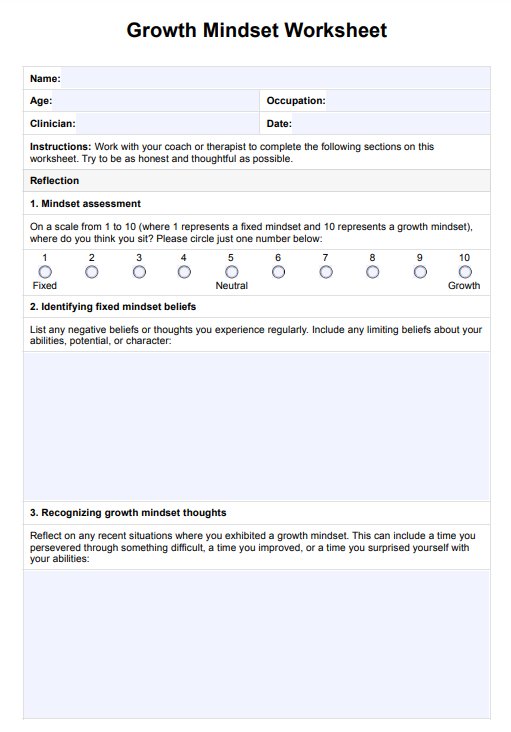
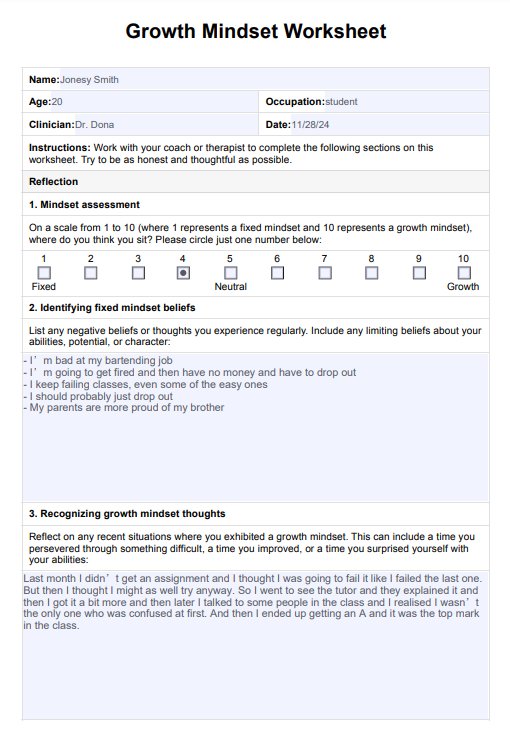

















-template.jpg)



















































































